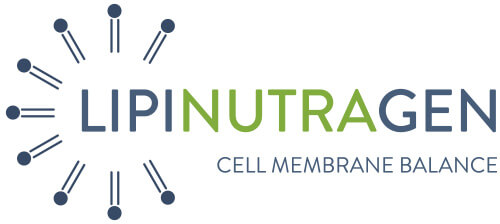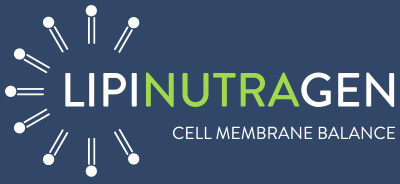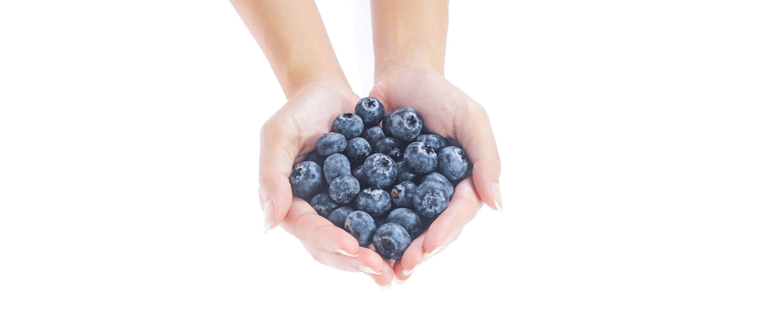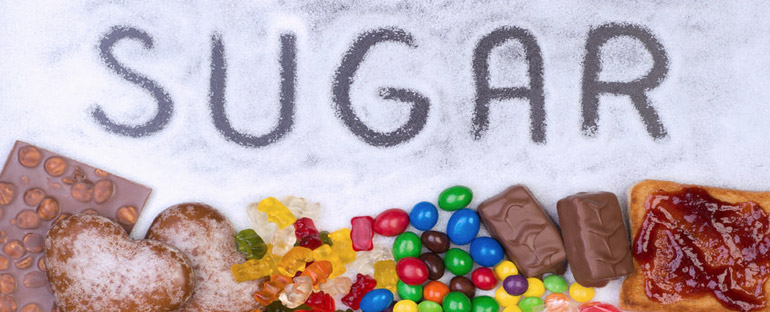
What life would be without sugar


Essential nutrients against “empty” calories
Nutrition is a determining factor for human health. Paradoxically, although the guidelines for healthy eating are known, are continually disregarded particularly in Western countries.
Likewise, in the rest of the world, with the growth of the Gross Domestic Product (GDP), we are witnessing a westernization of the diet with the simultaneous dietetic impoverishment of nutrients in the midst of many, too many “empty” calories. This transition is occurring in these decades in countries with emerging economies such as China, India, etc. (Figure 1).
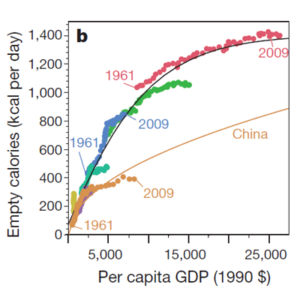
The graph shows the growing trend of empty calories – in the study published in the journal Nature (1) – including refined sugars, along with refined alcohol and fats.
Nowadays sugars are present everywhere, even in unthinkable products such as: bread in a box, crackers, yogurt, vegetables in a jar, breakfast cereals, ketchup, sauces, etc.
The fact that this ingredient increases food palatability makes it an advantage for the industry that sees sales increase and a disadvantage for the health of the individual who is led to eat over the due.
It is no coincidence that we are talking about a real epidemic of obesity, of diabetes and of cardiometabolic diseases.
Some alarming data on sugar consumption
An American adult consumes an average of 73 grams of sugar per day **.
An American teenager consumes an average of 82 grams of sugar a day **.
The World Health Organization recommends reducing the intake of sugar to less than 5% of calories (about 25 g in adults). This recommendation is strongly opposed and at the moment the official limit has remained at 10% of the total daily calories.
An installation recently placed in Times Square in New York, depicts the figure of a nine-year-old child made of sugar, to highlight that on average, at that age, the equivalent of their weight in sugar is consumed in a year.
Beware of sweet drinks: in the US, around 21% of the total calories consumed by the population comes from sugary drinks!
**data from an American National Health and Nutrition Examination Survey.
Addiction to junk food rich in sugar and industrial fats
The one for sugar is a real dependency for the human being established during the evolution enhanced by the sense of pleasure generated by its consumption. The food resources research has led man to a strong attraction for the sweet taste (read this), for salty and for fatty foods. Unfortunately, this instinct is also known to the industrial world that uses it to increase the attractiveness and therefore the consumption of its food products, negatively impacting public health.
During the XII symposium 2017 “Hungry for Change: Food Insecurity, Stress and Obesity” in Los Angeles, it was highlighted that junk foods rich in sugar and industrial fats occupy 50% of the commercial surface of the stores; are placed on the shelves more accessible and have very low prices, thanks to the low cost of raw materials and state aid. Knowing that the areas of the brain called “pleasure centers” are also activated by visual stimuli through dopamine, it is easy to understand how the pervasive presence of junk food in the wards of supermarkets leads consumers to the compulsive purchase of such products.
7 tips for a sugar free life
- Try an experiment that consists of staying a month following a diet without added sugars. Start with snacks, because they are those in which the sugar determines more the glycemic peaks with the inevitable subsequent hypoglycemia and consequently responsible for fatigue and hunger attacks.
- Check the products in your pantry and place all those containing sugar in a garage box (make sure the box is large). Sugary drinks are the first to be eliminated. Review even the least suspicious products, such as yogurts, fruit juices, boxed bread, etc.
- Learn to recognize the sugar even in disguise: sucrose, fructose, dextrose, syrup, sucralose, etc ….
- Pay attention to products called “light” and with 0 fats. In almost all cases fat reduction has been replaced by a greater presence of sugars, proving far from an advantage for the reduction of body fat.
- Do not add sugar to tea, coffee, etc. Get used to the taste of food gradually. Start by replacing it with honey.
- Replace all types of products indicated with real foods, such as dried fruit, fresh fruit or dried fruit. Start to rediscover traditional recipes, decreasing the amount of sugar proposed, especially in the presence of ingredients based on fruit. Even the bio and natural kitchen can be a good source of preparations with the use of whole meal flour and with reduced amounts of sweeteners such as honey.
- Maintain a good state of hydration. Water, tea, herbal teas, coffee without sugar. Sometimes tiredness comes from poor hydration.
Be encouraged by what the world of research tells us; a recent study (2) conducted on more than 600 individuals, found that dietary regimens lacking added sugars, refined cereals and industrial food products, led to significant weight loss, without worrying about calorie counting. Can be more effective over time to adopt food changes that become a real lifestyle more than using slimming diets for limited periods of time!
![]()
• Read more about the consumption of sugar read this
• For a sugar free recipe, we recommend the article: https://www.lipinutragen.it/en/attraction-for-sweet-flavor-and-sugar-free-recipe
Bibliography
(1) David Tilman, Michael Clark. Global diets link environmental sustainability and human health. Nature. 2014, volume 515, pages 518–522.
(2) Christopher D. Gardner, John F. Trepanowski, Liana C. Del Gobbo, et al. Effect of Low-Fat vs Low-Carbohydrate Diet on 12-Month Weight Loss in Overweight Adults and the Association With Genotype Pattern or Insulin Secretion. The DIETFITS Randomized Clinical Trial. JAMA. 2018;319(7):667-679.
Article by:
Nutritionist Dr. Francesco Bonucci
The diet tips, written in the article, are not intended to be a substitute for a personal nutrition plan and are to be adapted to specific cases.
Photo: 123RF Archivio Fotografico | ©photka, 37166797, 2018-04-09 | ©Oleksandra Naumenko, 56078845, 2018-04-09
- On 10 April 2018
